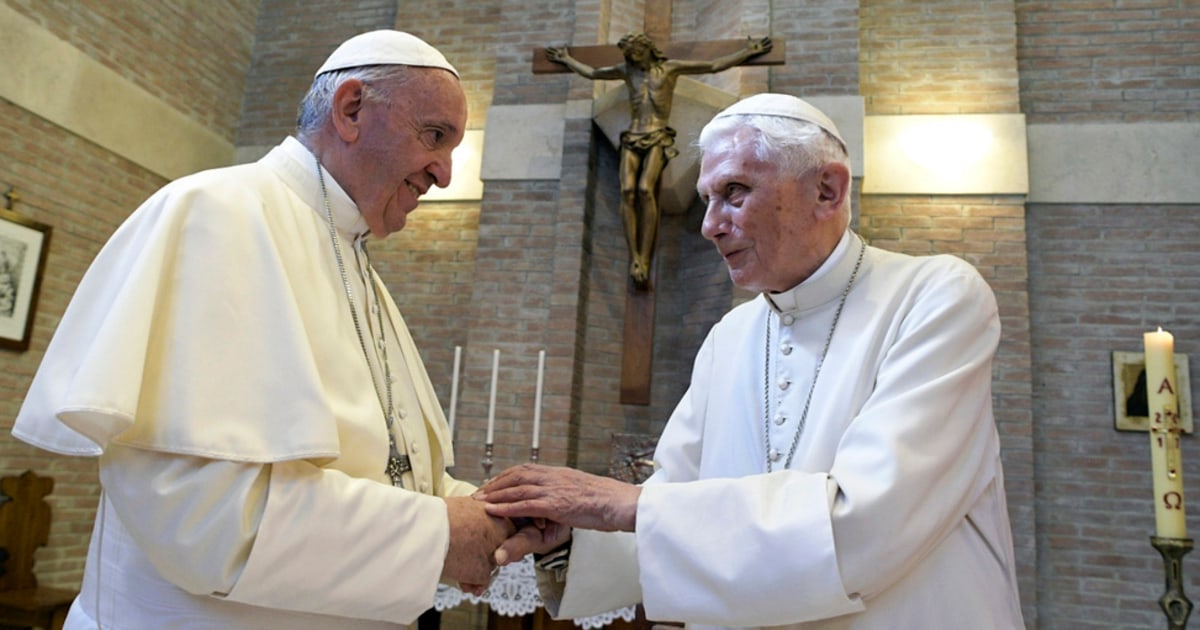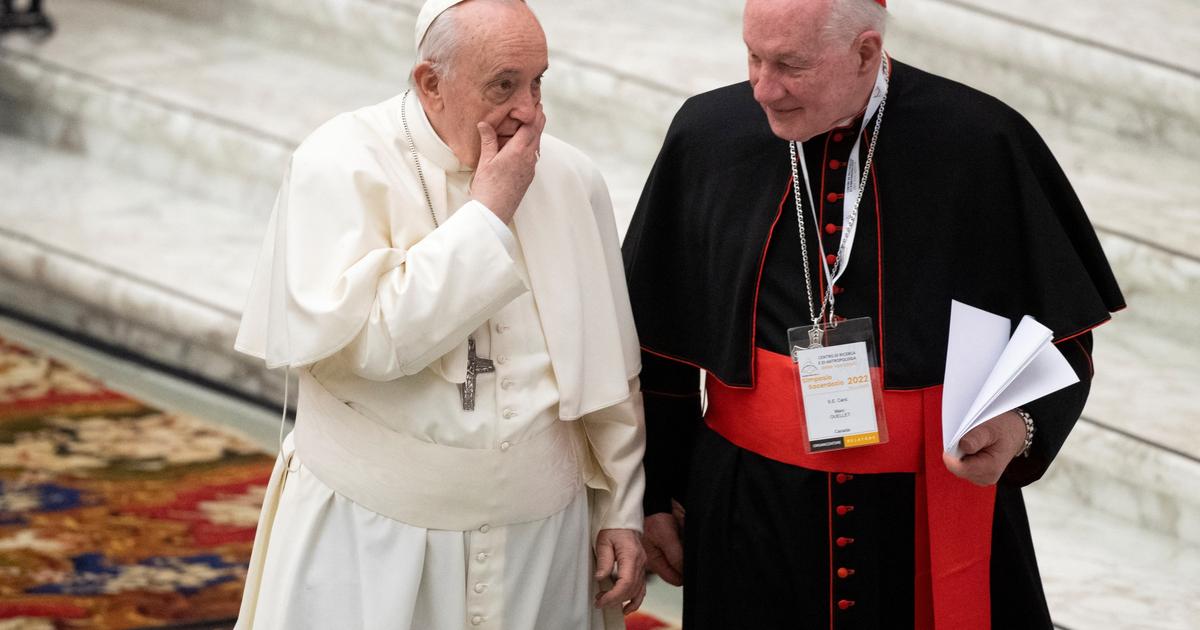Enlarge image
Cardinal Reinhard Marx (archive)
Photo: Tobias Hase / dpa
Cardinal Reinhard Marx should stay at home and clean up the place - that is the Pope's answer to the spectacular offer of resignation from the Archbishop of Munich.
Francis courageously calls the step of the cleric to offer a resignation in view of the failure in the abuse crisis.
But he doesn't want to accept it.
What had not been speculated: Marx wanted to do a bit of a “bella figura” in addition to the public “mea culpa”, to pull himself out of the affair elegantly by leaving as a repentant sinner and to set off for new shores. The Pope certainly already has a job for him in Rome, observers suspected. The "Bild" newspaper reported that Marx would be the next pontiff.
But nothing like that will happen for now.
Francis confirms that "we are dealing with a catastrophe, the sad story of sexual abuse," because of which the entire Church is in crisis.
But as soon as it comes to concrete consequences, the pontiff becomes as usual cloudy: There is much talk of accepting the crisis, of making people aware and recognizing their own sinfulness.
And - as always when things get tight - from the Holy Spirit, who may judge it.
The pontiff's reaction is passive, defensive, shaped by theological, power-politically necessary, perhaps age-related mildness that recognizes the problem but does not address it.
So while Marx speaks of a dramatic "dead point" at which the church has arrived, the pontiff is now prolonging death.
The fact that Francis keeps the powerful cardinal in office has a lot to do with the struggle between reformers and reactionaries in the curia. In Rome, some had seen Marx's advance as a provocation to the liberal German Catholics. The Vatican - and with it the Pope - would be challenged, the German reformers wanted to advance the synodal path with might. Marx was not Luther, but the danger of a split in the church was great, wrote the Roman "Messaggero". Marx himself, with his remark that the Catholic Church in Germany could not forever be "a branch of Rome", very self-confidently formulated the claim to a national special path.
The specter of schism is haunted in the Catholic Church - and the fear of it is huge.
The Pope was basically forced to reject Marx.
He would have got into real trouble if the cardinal's example had set the standard in the universal Church.
In addition, Francis is not a Pope who decides on reforms from above.
He evades ideological slaughter by delegating necessary changes to the grassroots.
"Every reform begins with itself," writes the pontiff.
"Reform in the Church has brought about men and women who were not afraid to face the crisis," he explains.
This is exactly the only way.
"Otherwise we would just be 'ideologues of reforms' without putting our own flesh at risk."
Marx will therefore continue to carry his skin to the market, have to deal with conservative brakemen and schemers on the synodal path.
Also with the Woelkis of this world, who like to stay where they are, even if a church heavyweight exemplifies the waiver of office for them.
In Germany, the reactions to the cardinal's advance were different: some showed him respect.
Others assumed that he wanted to forestall possible unpleasant findings from an abuse report for the diocese of Munich-Freising, which is to be published in the summer.
Those affected by abuse emphasized that instead of resigning, the bishops should rather do their work properly.
Marx now has the opportunity to do so.






